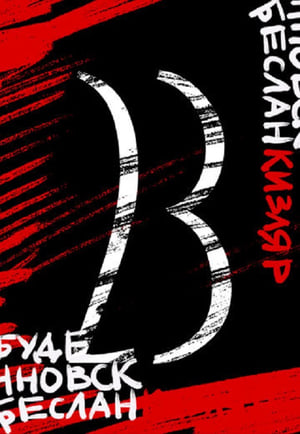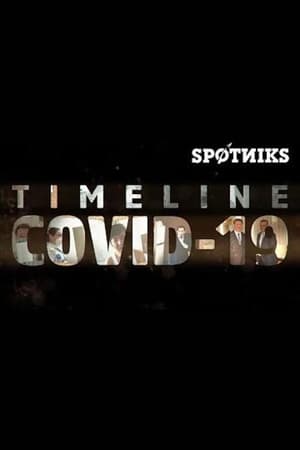

To Live Is Better Than To Die(2003)
In the 1990s HIV/AIDS came to Wenlou through a blood purchasing program. To supplement their income many poor villagers sold their blood and 60% of those who sold blood contracted HIV/AIDS from unsanitary equipment. Many have died from the disease. In his documentary film, To Live is Better than to Die, Wiejun Chen tells of the impact AIDS has had in parts of rural China by showing how it has affected the Ma family. It is spring when the film takes up the family’s story.
Movie: To Live Is Better Than To Die
Top 5 Billed Cast
Herself
Herself
Herself
Herself
Himself

好死不如赖活着
HomePage
Overview
In the 1990s HIV/AIDS came to Wenlou through a blood purchasing program. To supplement their income many poor villagers sold their blood and 60% of those who sold blood contracted HIV/AIDS from unsanitary equipment. Many have died from the disease. In his documentary film, To Live is Better than to Die, Wiejun Chen tells of the impact AIDS has had in parts of rural China by showing how it has affected the Ma family. It is spring when the film takes up the family’s story.
Release Date
2003-01-01
Average
8.3
Rating:
4.2 startsTagline
Genres
Languages:
普通话Keywords
Recommendations Movies
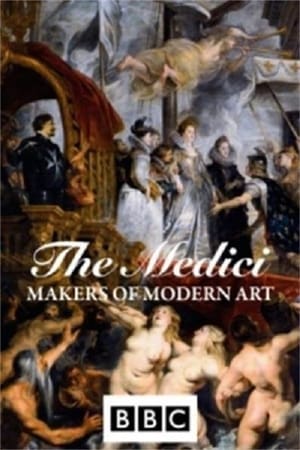 8.0
8.0The Medici: Makers of Modern Art(en)
Documentary in which Andrew Graham-Dixon reveals how the Medici family transformed Florence through sculpture, painting, and architecture and created a world where masterpieces fetch millions today.
 9.9
9.9The Way to the Heart(en)
Ava, an award-winning chef at a big-city restaurant, has lost her spark. Her boss sends her out to find herself to save her menu and her job. She returns home and finds little to inspire her, but when she reunites with her childhood friend Logan, Ava has to get her head out of the clouds and her foot out of her mouth to rediscover her passion for food.
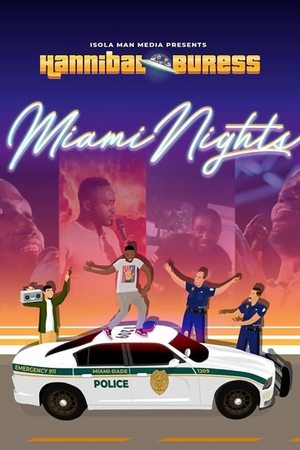 6.0
6.0Hannibal Buress: Miami Nights(en)
Mildly successful comedian, Hannibal Buress, performs his second stand-up special in Chicago based on his wild night with the police.
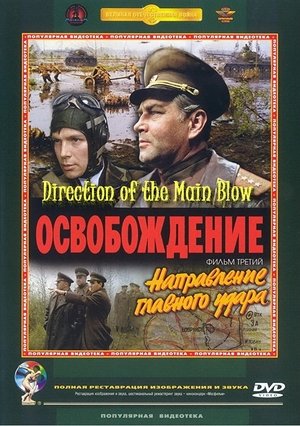 6.0
6.0Liberation: Direction of the Main Blow(ru)
This five part epic war drama gives a dramatized detailed account of Soviet Union's war against Nazi Germany during world war two. Each of the five parts represents a separate major eastern front campaign.
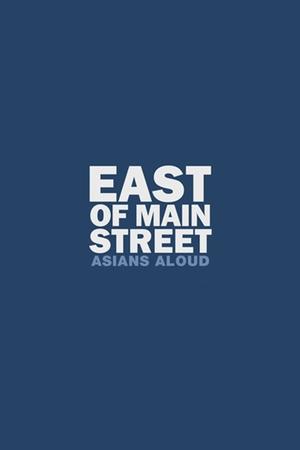 6.0
6.0East of Main Street: Asians Aloud(en)
In celebration of Asian Heritage Month, HBO presents a collection of perspectives from a diverse group of Asian Americans.
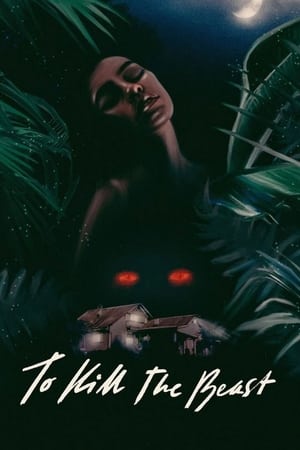 6.1
6.1To Kill the Beast(es)
Emilia arrives at her Aunt Inés' hostel located on the Argentina-Brazil border, looking for her missing brother. In this lush jungle a dangerous beast which takes the form of different animals seems to be roaming around.
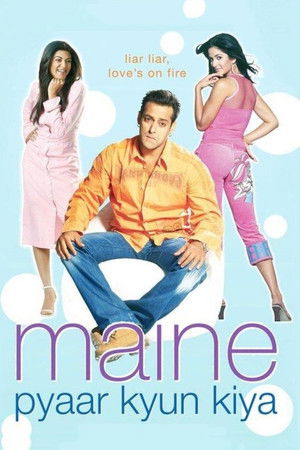 5.3
5.3Maine Pyaar Kyun Kiya?(hi)
Dr Samir is an absolute charmer when it comes to women, but he poses as a married man to keep them at bay. Love becomes a three-ring-circus for him after he ends up tangled in his web of lies with his girlfriend Sonia and pretend wife Naina.
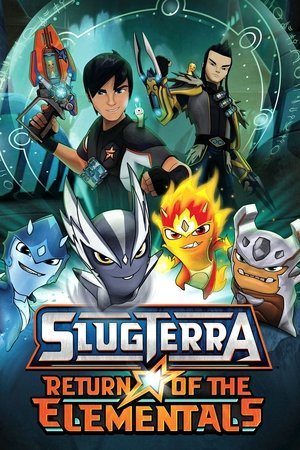 6.9
6.9SlugTerra: Return of the Elementals(en)
A new member has joined Eli and the Shane Gang! Junjie, once the protector of the Eastern Caverns, is a master of the slugslinging art of Slug Fu! But even with the power of five slingers, the Shane Gang find themselves in over their heads as they race across The 99 Caverns in search of the Legendary Elemental Slugs. The five Elementals are ancient slugs of great power, and the forbearers of all slugs found in SlugTerra today. In the wrong hands, they could bring Slugterra to the brink of destruction. So when an evil alliance starts hunting down the Elementals, Eli and his friends — old and new — take off in pursuit of the greatest threat their world has ever faced!
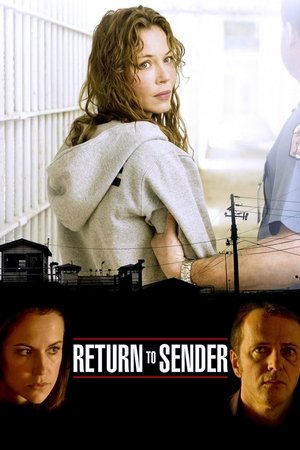 6.4
6.4Return to Sender(en)
While fighting for a woman who sits on death row, a lawyer happens upon new information which brings into question the motives of a man associated with her client
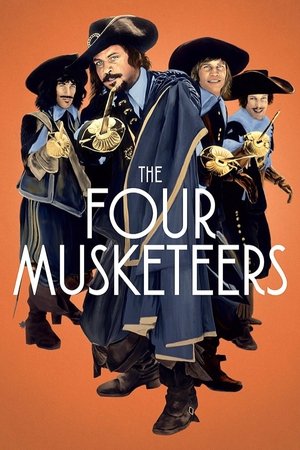 6.4
6.4The Four Musketeers(en)
The Four Musketeers defend the queen and her dressmaker from Cardinal Richelieu and Milady de Winter.
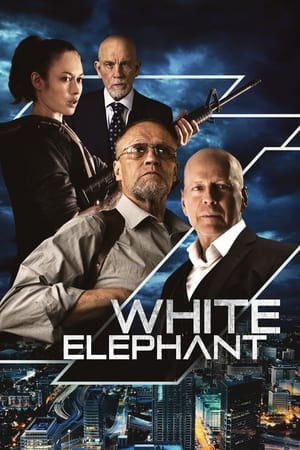 5.9
5.9White Elephant(en)
An ex-marine enforcer must battle his conscience and code of honor when he is forced to do things for the mob.
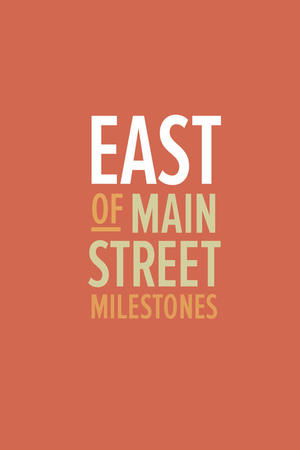 5.8
5.8East of Main Street: Milestones(en)
The Venice Hongwanji Buddhist Temple had an opportunity to take part in an episode of East of Main Street, an HBO documentary series that has been produced for the past three years to celebrate Asian Pacific American Heritage Month. This year’s episode, Milestones, focuses on how different groups of Asian Americans mark the milestones throughout their lives.
Pretty Bloody: The Women of Horror(en)
Pretty Bloody: The Women of Horror is a television documentary film that premiered on the Canadian cable network Space on February 25, 2009. The hour-long documentary examines the experiences, motivations and impact of the increasing number of women engaged in horror fiction, with producers Donna Davies and Kimberlee McTaggart of Canada's Sorcery Films interviewing actresses, film directors, writers, critics and academics. The documentary was filmed in Toronto, Canada; and in Los Angeles, California and New York City, New York in the US.
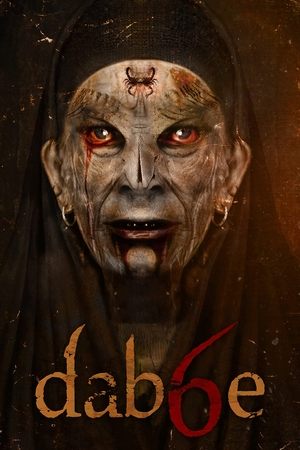 6.3
6.3D@bbe 6: The Return(tr)
A cardiologist tries to pinpoint the cause of her mother's sudden death, while her sister, a witness, claims malevolent demons are at play.
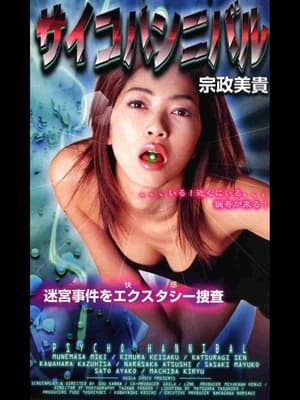 4.3
4.3Psycho Hannibal(ja)
A series of bizarre murders. Psychometer Rinko cooperates with detectives in the investigation. The investigation is a difficult one, and the only clues are Rinko's visions when she is in ecstasy, and the crazy smile of a creepy man that appears vaguely.
 6.1
6.1Main Krishna Hoon(hi)
In answer to an orphan boy's prayers, the divine Lord Krishna comes to Earth, befriends the boy, and helps him find a loving family.
 5.9
5.9Brent Weinbach: Appealing to the Mainstream(en)
Brent Weinbach is weird. In this show, Brent attempts to adjust his quirky personality so that he can fit in with the world around him, which would be valuable to his career as a comedian and entertainer. Through an absurd and abstract discourse, Brent explores the ways in which he can appeal to a broader, mainstream audience, so that ultimately, he can become successful in show business.
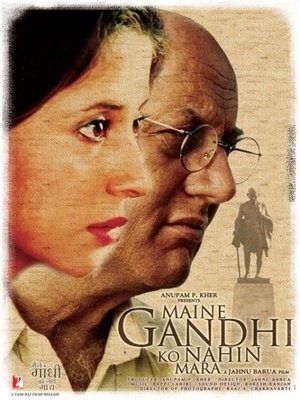 5.7
5.7Maine Gandhi Ko Nahin Mara(hi)
Once known for his intellectual prowess, a retired professor (Anupam Kher) begins experiencing memory gaps and periods of forgetfulness. But while he tries to laugh it off, it soon becomes clear that the symptoms are a sign of a more serious illness, prompting his grown daughter (Urmila Matondkar) to move in as his caretaker. Meanwhile, as his mind regresses, he recalls a traumatic childhood memory involving the death of Mahatma Gandhi.
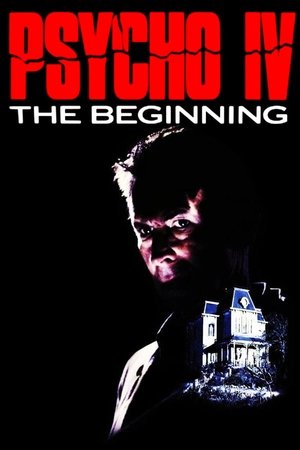 5.7
5.7Psycho IV: The Beginning(en)
When he hears talk radio host Fran Ambrose discussing the topic of matricide, Norman calls in under a false name to tell his story.
Similar Movies
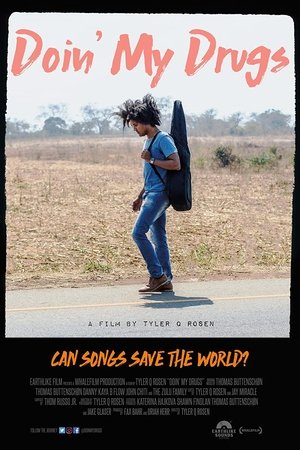 0.0
0.0Doin' My Drugs(en)
The story of musician Thomas Muchimba Buttenschøn - born HIV+ in 1985 - and his crusade to use his music to wipe out AIDS in his native Zambia and beyond.
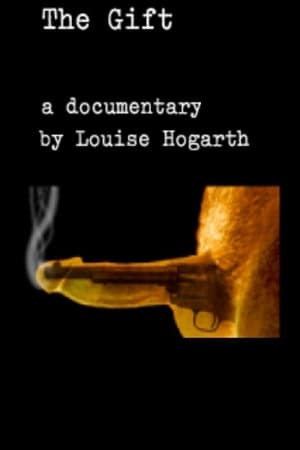 5.6
5.6The Gift(en)
Controversial documentary about gay men purposely contracting the AIDS virus.
 3.0
3.0Pathway(zh)
Xu Xin’s film “Dao Lu” (China 2012) offers an exclusive “in camera” encounter with Zheng Yan, an 83 year-old veteran of the Chinese Red Army, who calmly relates how he has navigated his country’s turbulent history over three-quarters of a century.Born to a wealthy family in a foreign concession, Yan joined the Chinese Communist Party (CCP) in 1941 because he sincerely believed in the socialist project, and in its immediate capacity to free China from the Japanese yoke and eradicate deep-rooted corruption.
 0.0
0.0Memory Books(en)
In Uganda, AIDS-infected mothers have begun writing what they call Memory Books for their children. Aware of the illness, it is a way for the family to come to terms with the inevitable death that it faces. Hopelessness and desperation are confronted through the collaborative effort of remembering and recording, a process that inspires unexpected strength and even solace in the face of death.
 0.0
0.0Mad About English!(en)
The amazing story of 1,000,000,000 people and their MAD MAD MAD rush to learn English! China 's love affair with the English language has reached feverish proportions. With half a million or more visitors descending on Beijing for the Games, can the Chinese pull it off with their newly-acquired English? Mad About English! follows the inspiring and heart-warming efforts of a city preparing to host the world by learning a once-forbidden tongue.
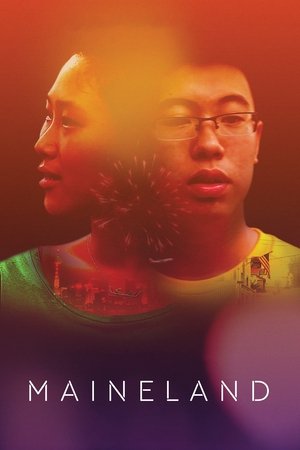 4.6
4.6Maineland(en)
Chinese teenagers from the wealthy elite, with big American dreams, settle into a boarding school in small-town Maine. As their fuzzy visions of the American dream slowly gain more clarity, their relationship to home takes on a poignant new aspect.
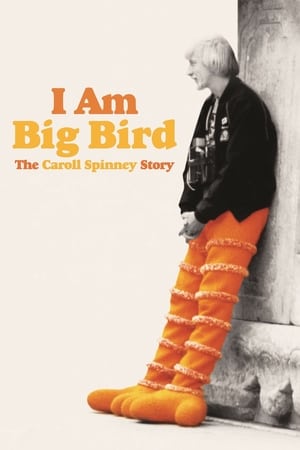 7.4
7.4I Am Big Bird: The Caroll Spinney Story(en)
A documentary about Caroll Spinney who has been Sesame Street's Big Bird and Oscar the Grouch since 1969. At 78-years-old, he has no intention of stopping.
 7.0
7.010 Questions for the Dalai Lama(en)
How do you reconcile a commitment to non-violence when faced with violence? Why do the poor often seem happier than the rich? Must a society lose its traditions in order to move into the future? These are some of the questions posed to His Holiness the Dalai Lama by filmmaker and explorer Rick Ray. Ray examines some of the fundamental questions of our time by weaving together observations from his own journeys throughout India and the Middle East, and the wisdom of an extraordinary spiritual leader. This is his story, as told and filmed by Rick Ray during a private visit to his monastery in Dharamsala, India over the course of several months. Also included is rare historical footage as well as footage supplied by individuals who at great personal risk, filmed with hidden cameras within Tibet.
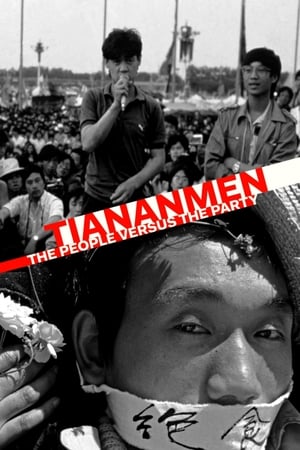 8.0
8.0Tiananmen: The People Versus the Party(en)
The true story of the seven weeks that changed China forever. On June 4, 1989, pro-democracy demonstrations were violently and bloodily repressed. Thousands of people died, but the basis for China's future was definitely planted.
The Pharmacy: Shanghai(fr)
Joris Ivens and wife Marceline Loridan took their cameras into Pharmacy No. 3 in Shanghai, which in addition to dispensing drugs manages an outreach program of medical services, an extension of the pharmacy’s in-house medical care center.
 7.0
7.0My 1980's(zh)
Highlights the rebellious young generation of artists in China fighting for political emancipation, artistic freedom and creating a cultural golden age during the 1980s - a significant decade of transformational change. Interweaving six main characters' memories with the director's personal narration, the film embarks on an emotional journey and tells a story of being passionate and idealistic before dreams are dashed to pieces.
 0.0
0.0A Hakka Song(zh)
A song is heard in the distance. It comes from the Hekeng village, famous for its ancient earthen buildings, also called tulou. It is where the last original Hakka families live amidst the exodus of those looking for a more modern environment. Among them there is Zhang Zhouyin, an elderly man concerned about the state of the village's temple; or her daughter-in-law, Wei Yi, who spends her entire day guiding tourists through these awe-inspiring houses. And then there’s young Zhang Weibo, her son, who manages to find joy even in the simplest of things... Hekeng: a place frozen in time whose songs have endured for centuries.
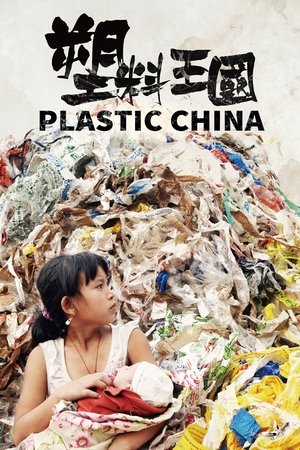 6.9
6.9Plastic China(zh)
This film tells a story about an unschooled 11-year-old girl Yi-Jie, she's a truly global child who learns the world through the United Nations of Wastes while working with her YI minority parents in this recycle workshop thousand miles away from their mountain village home town
 0.0
0.0Journey to the East(en)
Could our mounting modern problems have ancient solutions? Travel to the depths of China to find out.
North China Factory(en)
This documentary from 1980 depicts a factory community in China where over 6000 workers process, spin and weave raw cotton into 90 million yards of high-quality cloth per year. Also seen are the workers' residential, social, recreational and educational facilities, all located on factory property. The film presents an engrossing study of a lifestyle that is very different from that of the Western world.
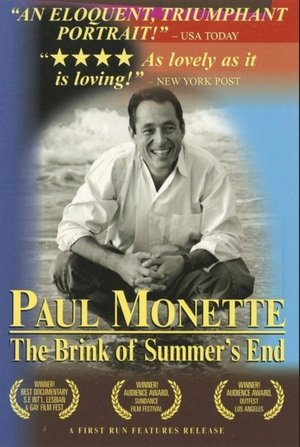 1.0
1.0Paul Monette: The Brink of Summer's End(en)
Narrated by Linda Hunt, this documentary examines the life of the late author and gay rights activist Paul Monette. Born in 1945 to a well-off Massachusetts family, Monette grows up unable to accept his homosexuality, for years hiding it from his loved ones while struggling to develop as a writer. In 1978, Monette publishes his first novel, which allows him to come out to his parents. After losing one lover to AIDS in 1986, he becomes a ferocious advocate for awareness of the disease.
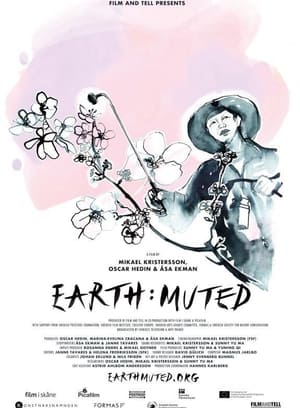 8.0
8.0Earth: Muted(zh)
Three farming families in Hanyuan, China, strive to give their children a good life in the midst of an ecological crisis, as widespread use of pesticides leads to a dramatic decline in bees and other pollinating insects in the valley.
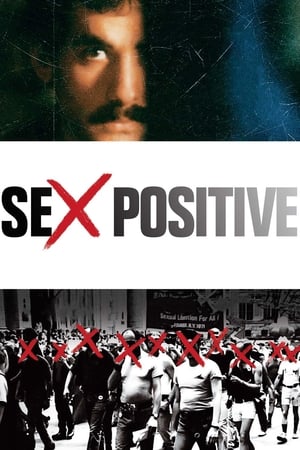 5.3
5.3Sex Positive(en)
Sex Positive explores the life of Richard Berkowitz, a revolutionary gay S&M hustler turned AIDS activist in the 1980s, whose incomparable contribution to the invention of safe sex has never been aptly credited. Mr. Berkowitz emerged from the epicenter of the epidemic demanding a solution to the problem before the outside world would take heed. Now destitute and alone, Mr. Berkowitz tells his story to a world who never wanted to listen.
